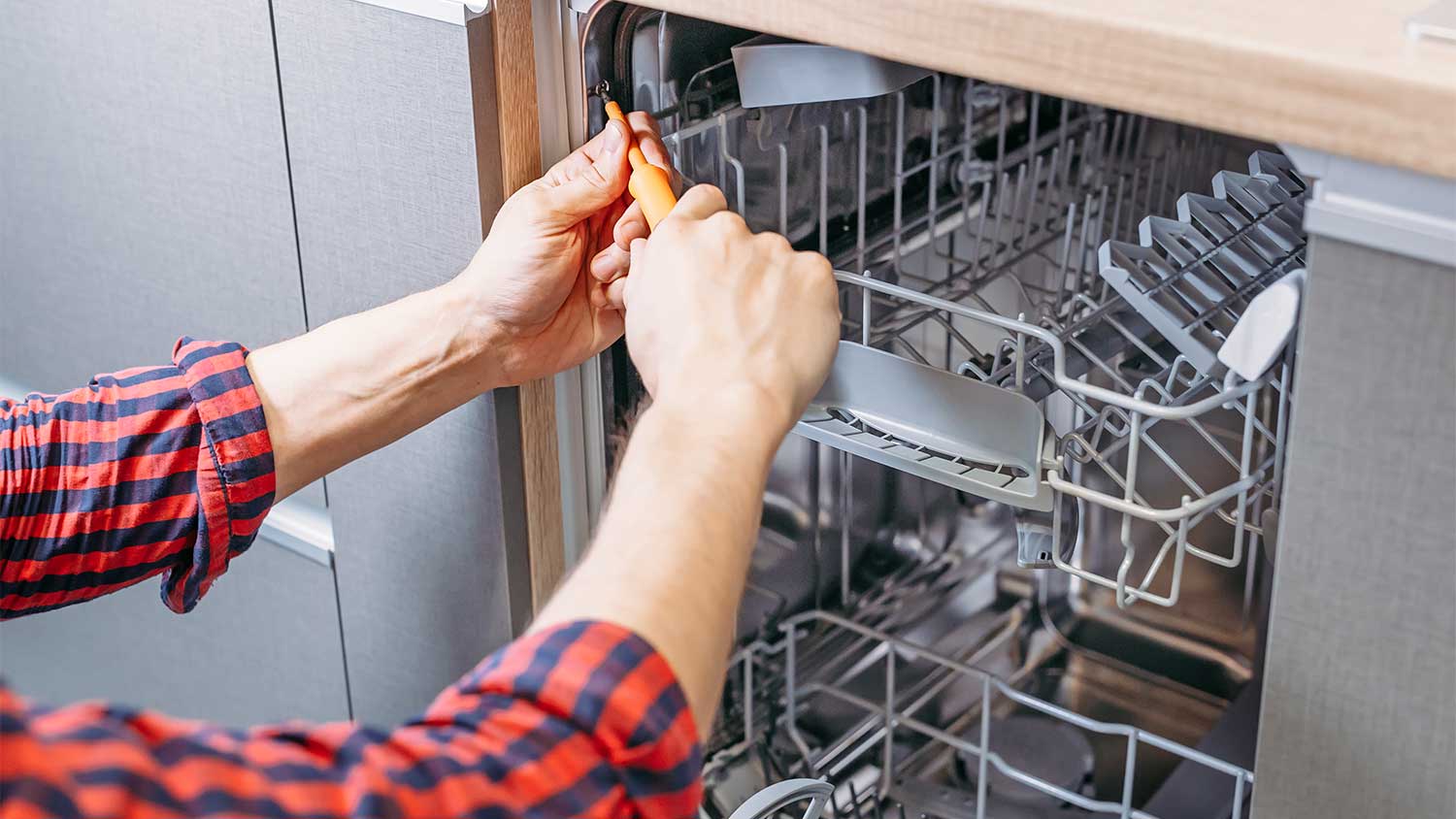
Get matched with top gas log pros in Martins Ferry, OH
Enter your zip and get matched with up to 5 pros
Need a pro for your gas log service project in Martins Ferry, OH?
Verified Reviews for Gas Log Service pros in Martins Ferry, OH
*The Angi rating for Gas Log Service companies in Martins Ferry, OH is a rating based on verified reviews from our community of homeowners who have used these pros to meet their Gas Log Service needs.
*The HomeAdvisor rating for Gas Log Service companies in Martins Ferry, OH is a rating based on verified reviews from our community of homeowners who have used these pros to meet their Gas Log Service needs.
Last update on December 13, 2025
Find Gas log pros in Martins Ferry

Bluestone Masonry & Restoration
Bluestone Masonry & Restoration
Bluestone Masonry & Restoration is committed to excellence in every aspect of our business. We uphold a standard of integrity bound by fairness, honesty, and personal responsibility. Our distinction is the quality of service we bring to our customers. Accurate knowledge of our trade combined with ability is what makes us true professionals. Above all, we are watchful of our customers' interests and make their concerns the basis of our business.
"Great guy & great work. Takes pride in his work. Shows up stays in touch & gets the job done"
Stacy H on August 2025
Bluestone Masonry & Restoration is committed to excellence in every aspect of our business. We uphold a standard of integrity bound by fairness, honesty, and personal responsibility. Our distinction is the quality of service we bring to our customers. Accurate knowledge of our trade combined with ability is what makes us true professionals. Above all, we are watchful of our customers' interests and make their concerns the basis of our business.
"Great guy & great work. Takes pride in his work. Shows up stays in touch & gets the job done"
Stacy H on August 2025
Fireplaces 'N' Fixin's, Inc.
Fireplaces 'N' Fixin's, Inc.
We have one of the largest showrooms in the Ohio Valley with over 30 live-burning displays. We install & service what we sell.
We have one of the largest showrooms in the Ohio Valley with over 30 live-burning displays. We install & service what we sell.
The homeowners guide to home care is here
From average costs to expert advice, get all the answers you need to get your job done.

Installing a gas dryer can help you save on your monthly energy bills. Depending on whether you need a new gas line, gas dryer installation costs will vary greatly.
 •
•Get expert insights on dishwasher repair cost, including average prices, key cost factors, and tips to save money on repairs.

Several factors impact dryer vent installation cost. Use this guide to learn what affects the cost, and how much you should budget for this project.

If you’re interested in alternative heating options, you need to see our pellet stove pros and cons. Get the right heater for your home.

Cooking in your kitchen wouldn’t be possible without a range hood to capture all of that greasy smoke and billowing steam. This guide breaks down the types of range hoods and their benefits and drawbacks so you can make an informed decision.

Gas stoves are the center of many meals, and when they break down, homeowners are left scrambling. Find out who you can call to fix your gas stove.
- Roofing in Martins Ferry
- Electrical in Martins Ferry
- Plumbing in Martins Ferry
- Tree Service in Martins Ferry
- Foundation Repair in Martins Ferry
- Kitchen And Bath Remodeling in Martins Ferry
- Excavating in Martins Ferry
- Lawn And Yard Work in Martins Ferry
- Mailbox Repair in Martins Ferry
- Driveways in Martins Ferry
- Cleaning in Martins Ferry
- Painting in Martins Ferry
- Swimming Pools in Martins Ferry
- Exterior Painting in Martins Ferry
- Fencing in Martins Ferry
- Siding in Martins Ferry
- Handyman Service in Martins Ferry
- Gutter Cleaning in Martins Ferry
- Chimney Sweep in Martins Ferry
- Garbage Collection in Martins Ferry
- Pest Control in Martins Ferry
- Garage Doors in Martins Ferry
- Leaf Removal in Martins Ferry
- Drywall in Martins Ferry
- Windows in Martins Ferry
- Deck Maintenance in Martins Ferry
- Carpet Cleaning in Martins Ferry
- Cabinet Refinishing in Martins Ferry
- Septic Tank in Martins Ferry
- Moving in Martins Ferry
- 🌱 "Mow a small front yard"
- 🛠 "Fix a leaking pipe under the sink"
- 🏠 "Repair shingles on an asphalt roof"
